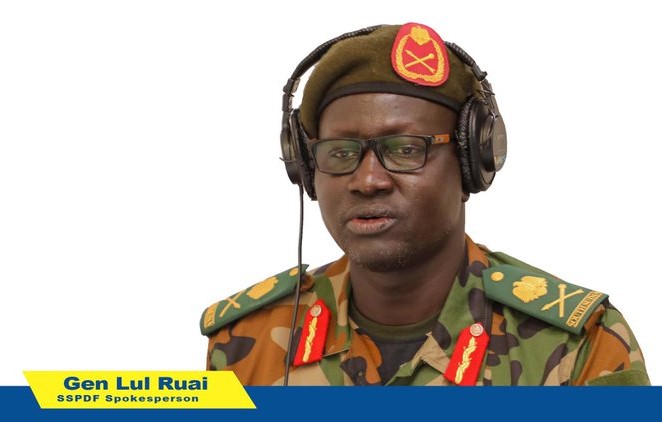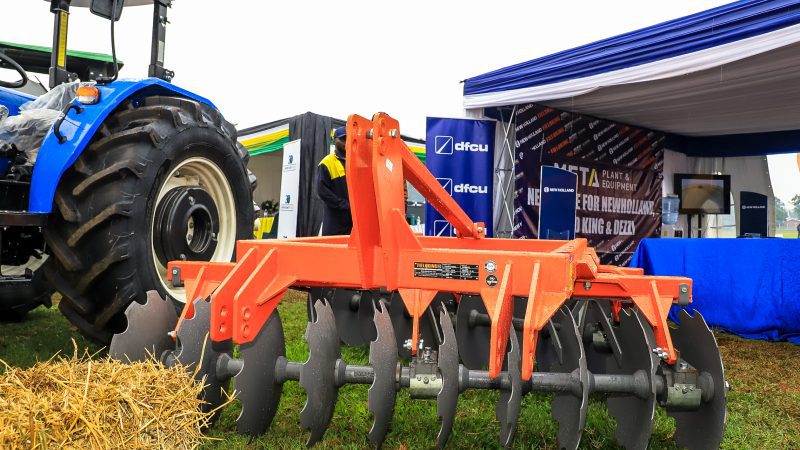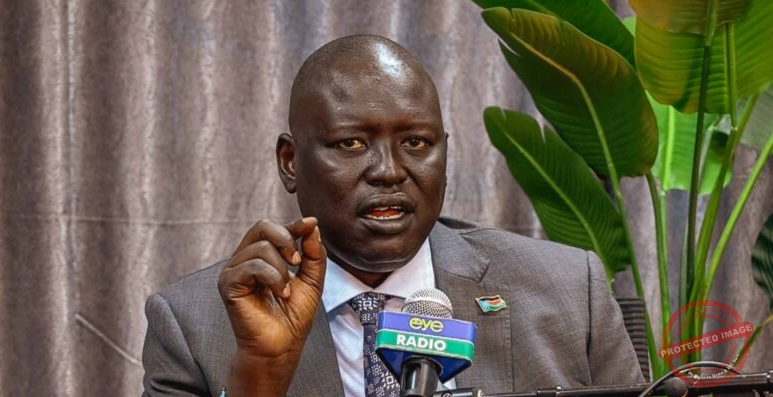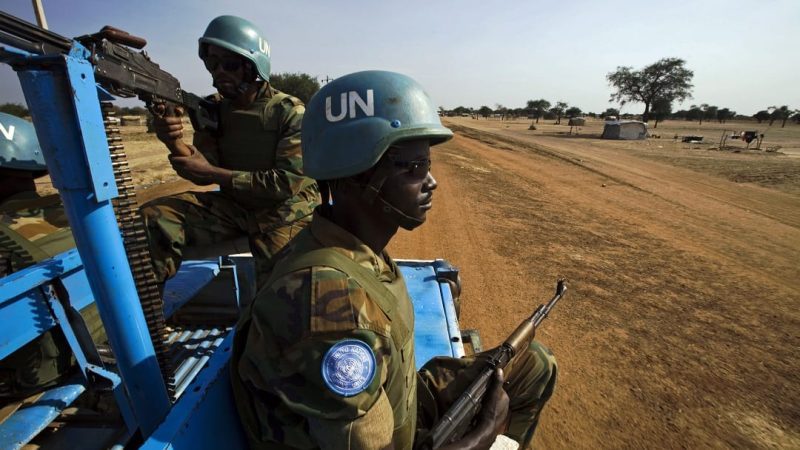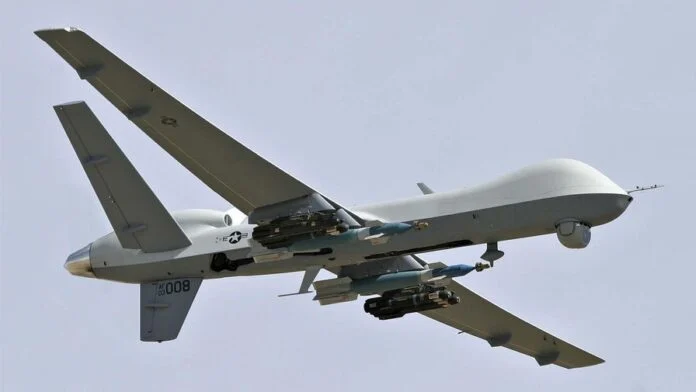Kenya and South Sudan, both members of the East Africa Community, signed a border crossing agreement to strengthen their long-standing economic and political alliance.
The pact was signed on October 1st, 2021, in Lodwar, a border town between Kenya’s Turkana district and South Sudan’s Eastern Equatoria State.
John Munyes Kiyonga, Kenyan Cabinet Secretary for Petroleum and Mining, Josephat Koli Nanok, Turkana Governor represented Keny, while Louis Lobong Lojore, Governor of Eastern Equatoria represented South Sudan in what the leaders described as a consultative meeting.
“Relations between the two countries have now reached the level of strategic partnership and the two countries seek to comprehensively improve relations between themselves to foster the peaceful coexistence of the border communities and to enhance free movement of goods and services for the benefits of the two countries,” Lobong told the Sudan Tribune on Wednesday.
The accord brings Kenya into South Sudan’s Belt and Road Initiative, a multi-million-dollar infrastructure scheme intended to stretch from East to the Horn of African countries.
The project aims to significantly expand economic and political influence and has raised concerns among South Sudanese intellectuals and legal experts, pointing to the lack of representation of legal institutions.
“We the leaders drawn from Turkana County in the Republic of Kenya and Eastern Equatoria in the Republic of South Sudan, held our mutual consultative meeting in Lodwar within the Republic of Kenya on 1st October 2021 for the purpose of deliberating on the potential benefits to that section of Nadapal of the A1 Road,” reads a statement extended to the Sudan Tribune.
The two parties pledged to commit themselves to foster peaceful coexistence among communities within their borders through cross border peace initiatives and free movement of people as well as goods and services.
The two countries have agreed to complete boundary delimitation and demarcation within the African Union framework of 2022. They acknowledged that the two communities share a lot in common, including culture, language and social-economic values and other bonds necessary for peace and development.
“The road is currently dilapidated and impassable state of disrepair, and such has hindered trade, free movement of goods and services and people from the two countries. Finalization of repair and upgrading works in this section of the road will enhance cross border movement, increase trade, open thriving livestock markets, and thereby foster peaceful relations,” the statement adds.
The leaders commit themselves to promote peacebuilding initiatives, social cohesion and harmony among the communities as well as commit themselves to enhance and sustain cross border trade and movement of good services for the benefits of the border communities and economic development of the two countries.




